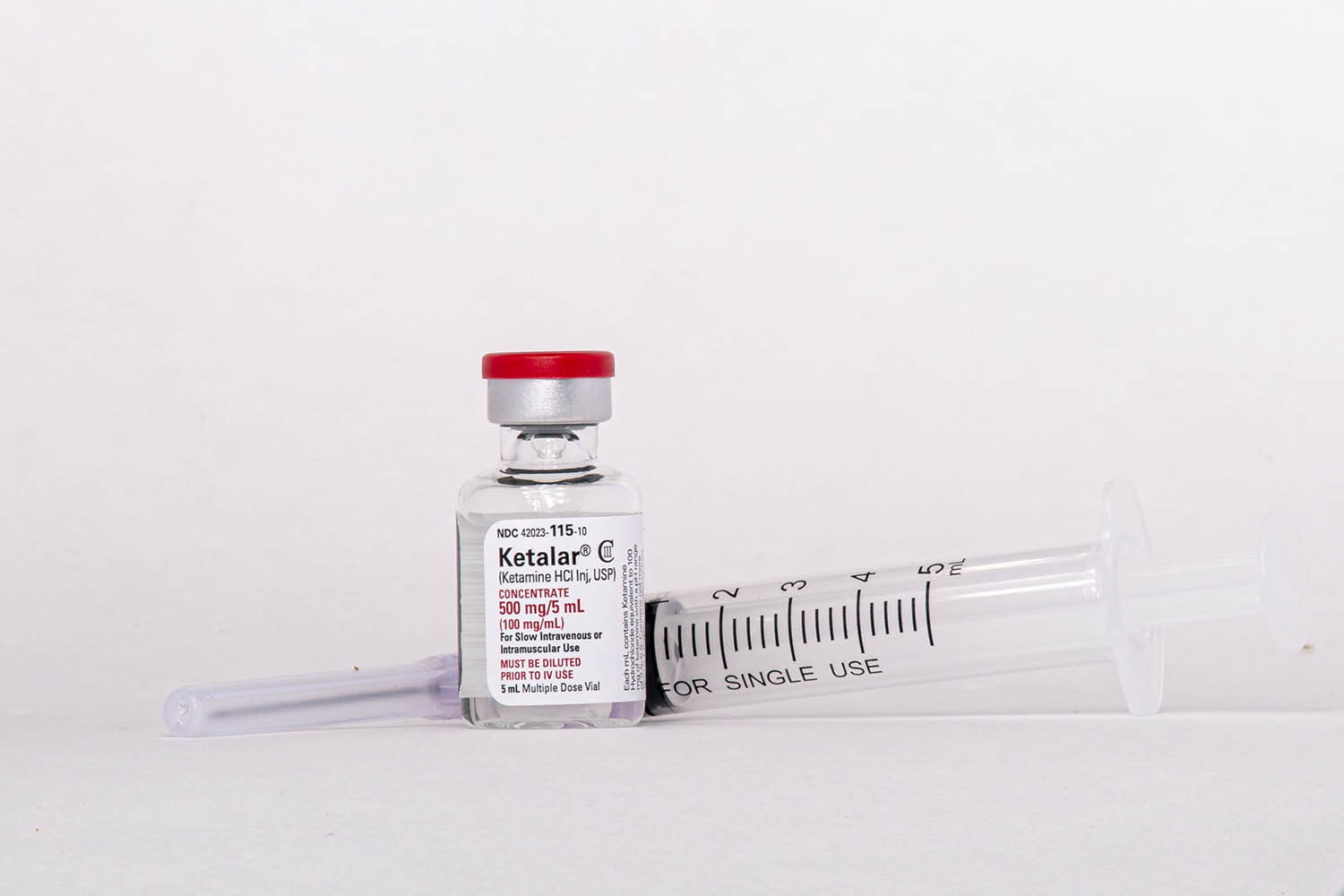
A study published in the New England Journal of Medicine has found that patients given ketamine for the treatment of non-psychotic, treatment-resistant depression reported ‘non-inferior’ outcomes compared to electroconvulsive therapy.
Electroconvulsive therapy (ECT) is a treatment that involves passing an electric current through a patient’s brain, causing a brief surge of electrical activity within the brain with the hope of relieving the symptoms of conditions such as drug treatment-resistant depression.
ECT, which is performed while a patient is under general anaesthesia has a number of side effects such as cognitive impairment, and can lead to long-term memory loss. The use of ECT in the UK is considered controversial. According to the charity MIND, “it [ECT] was used unethically in the past. ECT was used far more in the 1950s to 1970s than it is today, and it was used without anaesthetic and often without consent.” Between 1985 and 2002, its use in England has more than halved, however in the US ECT is administered to an estimated 100,000 people a year.
In the study, patients with treatment-resistant depression were recruited and assigned in a 1:1 ratio to receive ketamine or ECT. During an initial 3-week treatment phase, patients received either ECT three times per week or ketamine twice per week.
Researchers found that 55 per cent of those receiving ketamine treatment and 41 per cent of those receiving ECT reported at least a 50 per cent improvement in their self-reported symptoms, and an improvement in their self-reported quality of life that lasted throughout the six-month follow-up period. Patients receiving ECT treatment reported memory loss and musculoskeletal side effects. Those receiving ketamine treatment did not report side effects, other than an experience of dissociation at the time of treatment, which is a common feature of the ketamine experience.
“ECT has been the gold standard for treating severe depression for over 80 years, but it is also a controversial treatment because it can cause memory loss, requires anaesthesia and is associated with social stigma,” said Amit Anand, MD, one of the lead authors of the study. “This is the largest study comparing ketamine and ECT treatments for depression that has ever been done, and the only one that also measured impacts to memory.”
Treatment-resistant depression affects up to 30 per cent of adults with major depressive disorder, a clinical condition characterised by persistent feelings of sadness and loss of interest. Treatment-resistant depression is believed to be experienced by around 230 million people worldwide. “People with treatment-resistant depression suffer a great deal, so it is exciting that studies like this are adding new options for them,” said Anand. “With this real-world trial, the results are immediately transferable to the clinical setting.”
- SEO Powered Content & PR Distribution. Get Amplified Today.
- PlatoAiStream. Web3 Data Intelligence. Knowledge Amplified. Access Here.
- Minting the Future w Adryenn Ashley. Access Here.
- Buy and Sell Shares in PRE-IPO Companies with PREIPO®. Access Here.
- Source: https://www.leafie.co.uk/news/ketamine-con-inferirior-electroconvulsive-therapy-study/



